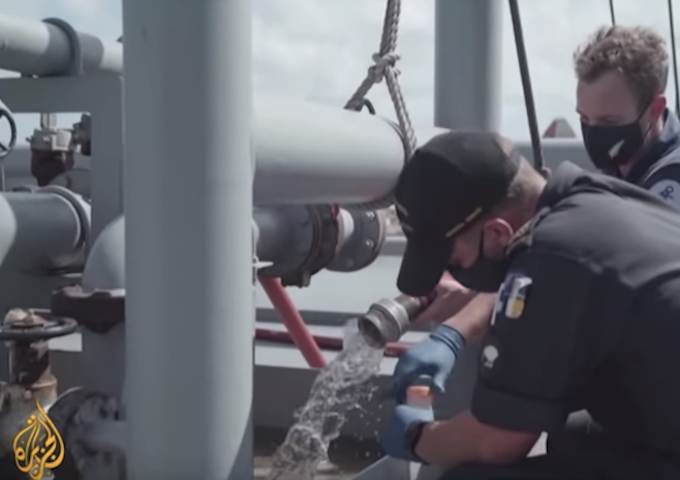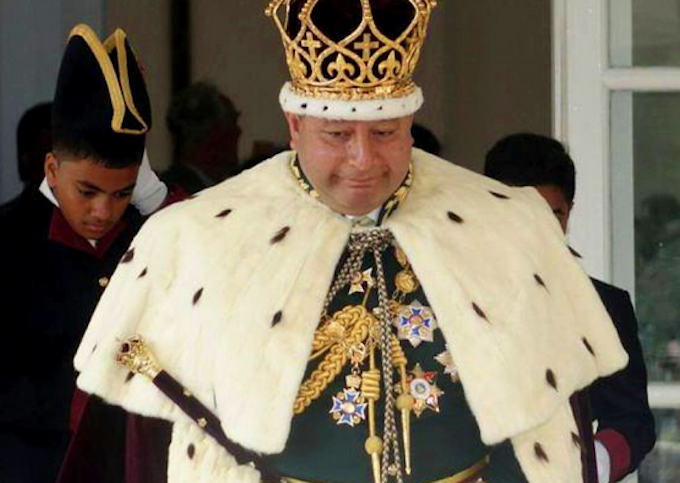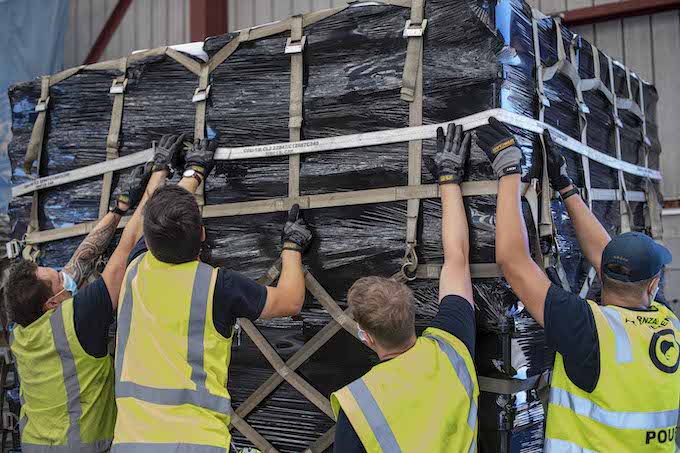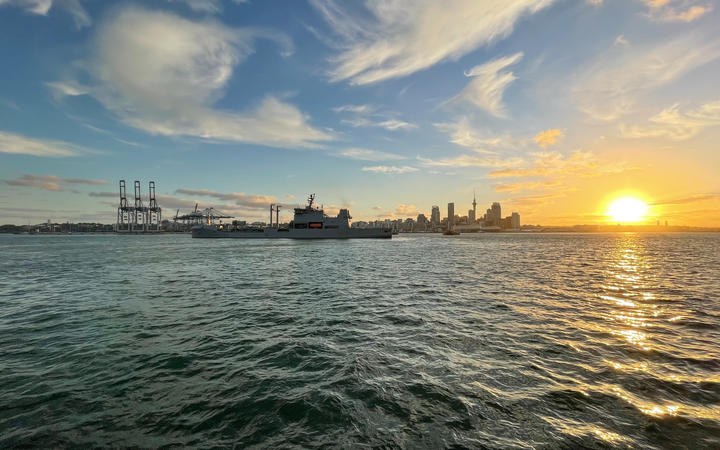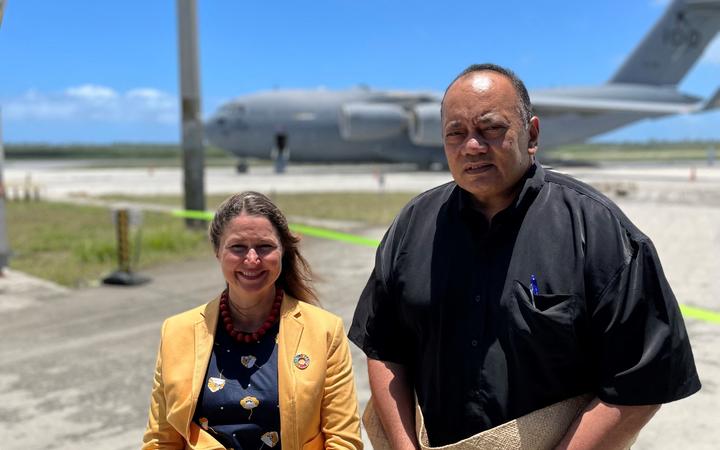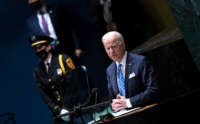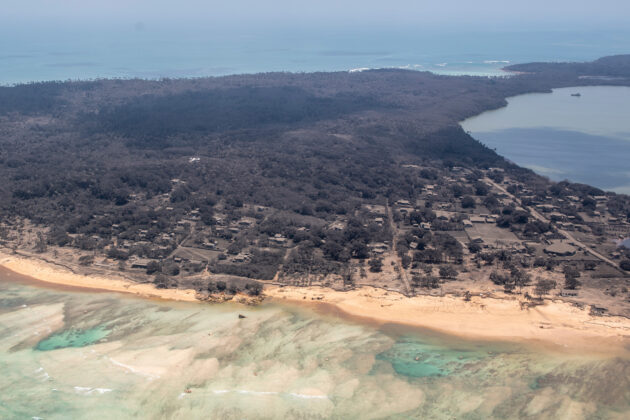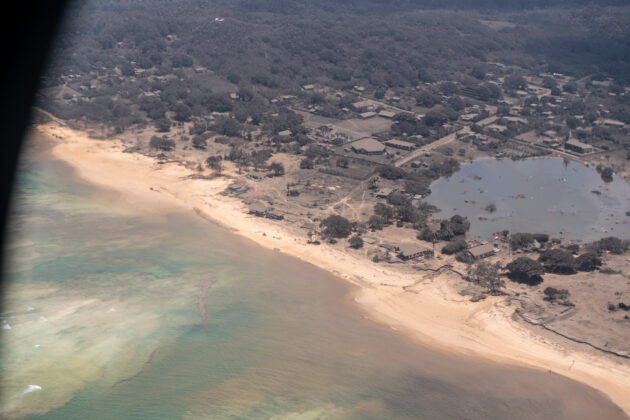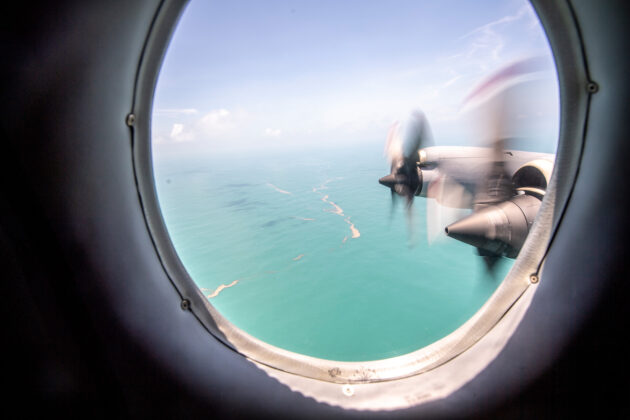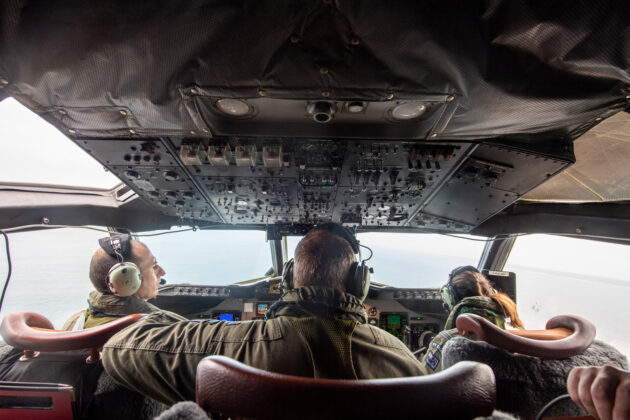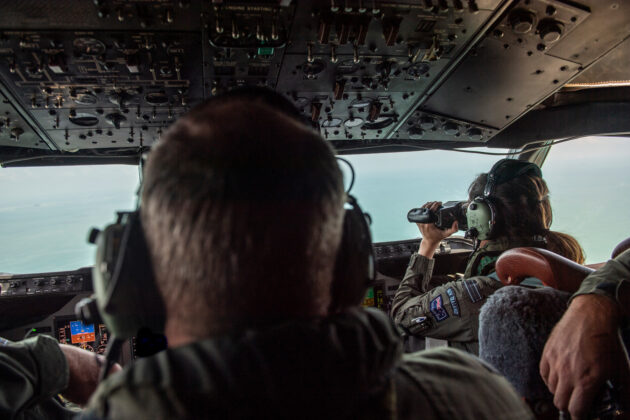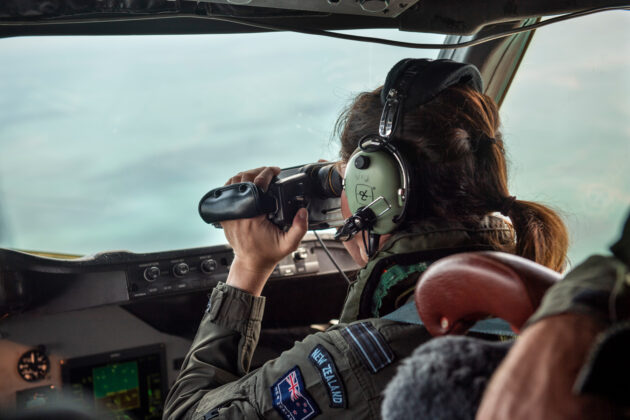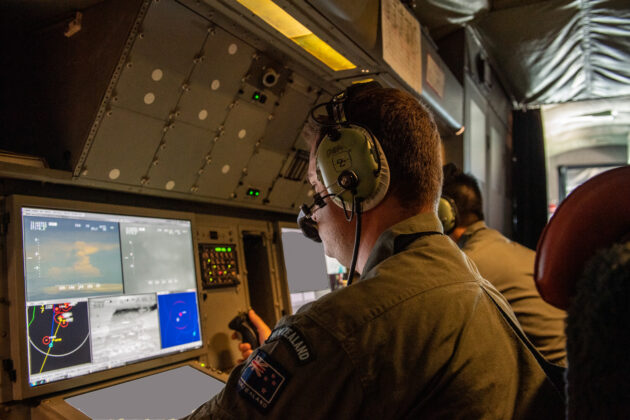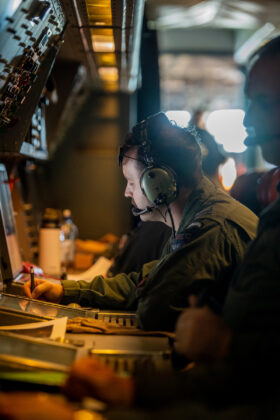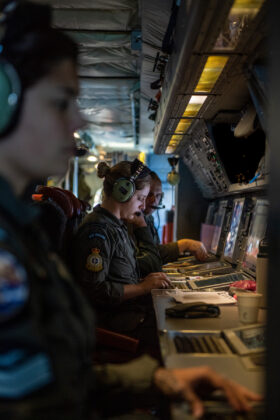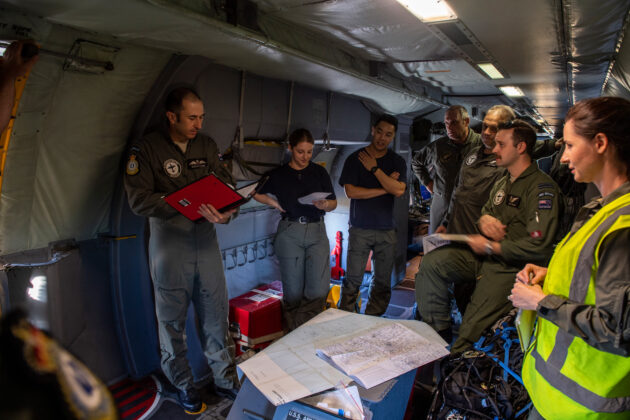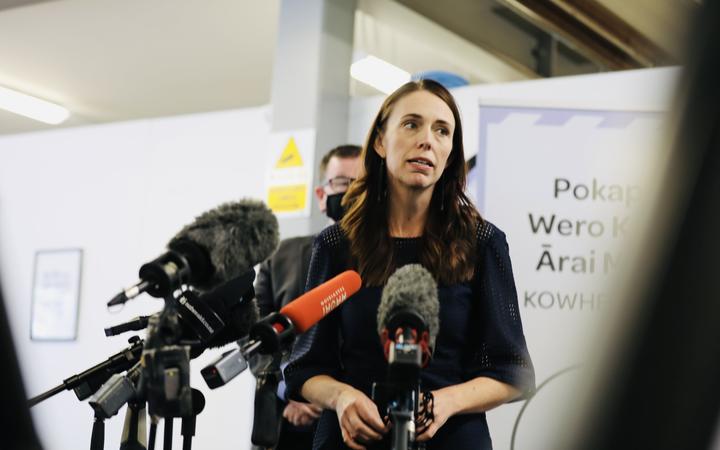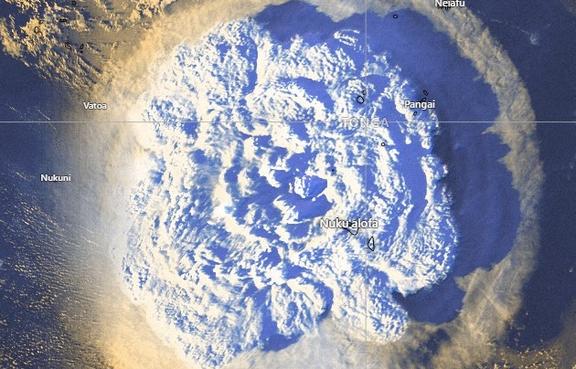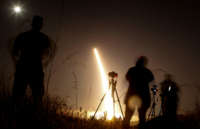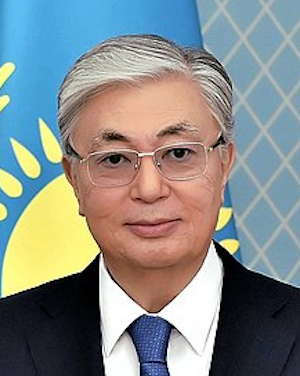
Twenty years ago today, the U.S. military began imprisoning Muslim men at Guantánamo Bay in Cuba. We speak with the prison’s former Muslim chaplain, James Yee, who was jailed and held in solitary confinement for 76 days after being falsely accused of espionage. All charges were eventually dropped, and he received an honorable discharge. Yee describes how boys as young as 12 to 15 years old were treated as enemy combatants on the prison complex and the widespread Islamophobia that put even Muslim Americans under heavy surveillance. “During my time I was there, it was clear that these individuals were not in any way associated with terrorism whatsoever,” says Yee.
TRANSCRIPT
This is a rush transcript. Copy may not be in its final form.
AMY GOODMAN: This is Democracy Now!, democracynow.org, The War and Peace Report. I’m Amy Goodman, with Juan Gonzalez, as we continue to look at this 20th anniversary of the opening of the U.S. military prison at Guantánamo. It opened 20 years ago today.
We’re joined now by former Army chaplain Captain James Yee. He was one of the first Muslim chaplains commissioned to the prison in 2002 by the U.S. Army. But less than a year after serving there, he was accused of espionage by the military and faced charges so severe that he was threatened with the death penalty. He was arrested and imprisoned for 76 days in solitary confinement. The military leaked information about the case to the press, and the media went on a feeding frenzy. Chaplain Yee was vilified on the airwaves as a traitor and accused of being a mole inside the Army. Then the military’s case began to unravel. The charges were eventually reduced and, eight months later, dropped altogether. He ultimately received an honorable discharge. Chaplain Yee wrote about his experiences in a book titled For God and Country: Faith and Patriotism Under Fire. James Yee has long called for the closure of Guantánamo, joins us now from his home in Bloomfield, New Jersey.
James Yee, welcome back to Democracy Now! We covered your case from the beginning. Why don’t you start off by telling your own story, how you came to be at Guantánamo, being a chaplain for the Muslim men who were held there, and then what happened to you?
JAMES YEE: Great, great. Yeah, first of all, Amy, Juan, and also to Mansoor and Moazzam, thanks for having me join you today on the program.
But I converted to Islam back in the early ’90s, and I was already in the military as a graduate of West Point, serving in the Air Defense Artillery as a young lieutenant, and then, after converting to Islam, thought I could fulfill a pretty unique role in becoming a chaplain in the U.S. military, because at that time there were no Muslim chaplains in the U.S. military. And I entered — I reentered active duty in early 2001 as a Muslim chaplain. And in the immediate post-9/11 aftermath, I was someone who the U.S. Army Public Affairs looked to to handle media requests that dealt with anything that had to do with Muslims who were serving in the U.S. military, especially following the tragic attacks on 9/11 where many of these Muslim servicemembers were experiencing backlash.
So, my name was out there not only in U.S. Army Public Affairs but in the Department of Defense, also the State Department. And so, when we started bombarding Afghanistan and opened the prison camp at Guantánamo, I was earmarked for that assignment down in Guantánamo. And I would arrive to the prison camp in early November, almost exactly at the same time that the now-infamous Major General Geoffrey Miller took command of the Joint Task Force. And like you said in your intro, I was there for 10 months. I was supposed to have been there six months, involuntary extended another six months. But at the 10-month mark, then I was secretly arrested.
JUAN GONZÁLEZ: And, James Yee, could you talk about, from your perspective, what Guantánamo represents to the rest of the world and the impact that the treatment of the prisoners there has had in the Muslim world?
JAMES YEE: Yeah. So, Guantánamo, no doubt, is the international symbol of torture and prisoner abuse. And it continues today to damage the reputation of the United States. And I feel it also damages the relationships that the U.S. has even with our closest allies. By and large, I don’t know of any other nations around the world who are accepting of the U.S. continuing to operate this prison camp in Guantánamo.
But in my view, these are very important issues, because this has been around for now 20 years. We’re at the 20th anniversary of this prison camp. And one of the things I always like to point out is something that the late Colin Powell had stated. And he said that he would close Guantánamo not today, not tomorrow, but this afternoon. So, even someone who was part of the Bush administration that opened Guantánamo, from an insider’s perspective, even he saw the urgency of — that’s Colin Powell — of needing to close this prison camp immediately.
JUAN GONZÁLEZ: And could you talk about the issue that has not gotten a lot of attention, the question of the youthfulness of some of the detainees — basically children — what you know about that?
JAMES YEE: Yeah. So, during my time in Guantánamo, which was late 2002 through most of 2003, there were actually three young boys from Afghanistan who were brought to Guantánamo during that time. And they were ages 12 to 14 years old. They were termed “juvenile enemy combatants.” There were already juvenile enemy combatants at Guantánamo, according to the international standard, which would be under the age of 18. So, the policy at Guantánamo was that anyone who — any prisoner who was 15 years old or older were held in general population. And there were several. One that I recall very distinctly was Omar Khadr from Canada, and he was only 15 at the time. But these three younger prisoners were brought to Guantánamo during my time, and they were kept in a separate facility known as Camp Iguana. And I actually used to meet with them on a weekly basis. I had set up some basic sessions and courses on Islam that I would teach. And they had their own translator or interpreter, who had an Afghani background, that spoke their dialected language.
But they also went through things which I found disturbing. I wasn’t privy to witness how they were interrogated, but there were often times when the interrogators came during the time my sessions were taking place, and I was pushed aside. And following those sessions with interrogators, I saw that these young boys actually came back very disturbed. They had changed behaviors. They showed signs of anxiety. And they would recall things to me and the other guards that were overseeing their detention, things like how interrogators would come and they would promise them like nice things like ice cream and things like that, but then, for some reason, their punishment was they wouldn’t get that ice cream. Now, you’re talking about very youthful kids. And when you’re treating individuals like this, who are taken away from their home, taken away from their families, it had to have a devastating effect on their psyche.
AMY GOODMAN: James Yee, you’re a former U.S. Army captain. You graduated from West Point, a Muslim chaplain at Guantánamo. So, if you could finish your story? What happened there? We’re talking about a time when, what, 800 Muslim men, almost, were being held. And then you had the Muslim — you had Arabic interpreters. You had Arabic-language interrogators. Were you chaplain to all of them? And then, what happened to you? How did you end up getting imprisoned?
JAMES YEE: Yeah. So, my role as a chaplain, one, was chaplain to the prisoners who were all being held in Guantánamo. The numbers were upwards towards 660 around the time I was there. One of the things I also make a point of is, during that time in 2003, not one could be definitively connected to any terrorist attack or the attacks on 9/11. That wasn’t a reality, because anyone who was seriously suspected of being involved in terrorism weren’t brought to Guantánamo in 2003. They were put in those secret CIA black sites. And it wasn’t only until later, in 2006, when those 19 or so prisoners were brought to Guantánamo, after Bush closed down those CIA black sites. But during the time I was there, it was clear that these individuals were not in any way associated with terrorism whatsoever.
But my other role as a chaplain was to prisoners. And in that role, it was to ensure free exercise of worship and accommodation of religious practices for the prisoners there, and also fielding the complaints and concerns that prisoners had, and thereby providing them with a secondary channel of communication up the chain of command for those concerns and complaints.
Then I was chaplain to many American Muslims who served on this Joint Task Force, civilian and military. And by and large, most of these individuals were translators or interpreters, linguists. And we actually had a pretty vibrant, what you might call, congregation, in which we had the Friday worship service at the chapel, the Guantánamo chapel on Fridays. And that even raised suspicion amongst the command at Guantánamo, because we were all under surveillance. I recall seeing individuals who were associated with the FBI that were kind of monitoring our activities at the chapel. And I knew that these individuals were from the FBI because many of the translators worked for the intelligence operation and said, “Yeah, these guys who are hanging around the chapel are with the FBI.” So that raised suspicion.
So, there was this widespread Islamophobia or somehow some kind of fear that we, as American Muslims who were working for the Joint Task Force, were somehow being seditious. And that’s how I got targeted as the chaplain, because I was supposedly the ringleader. And after I was arrested, it also came to light that two other American Muslims who were down in Guantánamo working, one a civilian translator and one who was a U.S. Air Force translator, both also — both Arabic linguists, they were also arrested during the time I was. And it was being — and the media frenzy that you spoke about, or you mentioned earlier, was that I was the ringleader of some type of spy ring in Guantánamo working on behalf of who knows.
AMY GOODMAN: And how long you were held, and how you got out?
JAMES YEE: So, I was secretly arrested in September of 2003, for 76 days held in solitary confinement. I also was subjected to this process called sensory deprivation, where I had the goggles put over my eyes and the ear devices put over my ears to prevent me from hearing or seeing, which instilled fear in me, because I had saw how the prisoners at Guantánamo were subjected to sensory deprivation. And for me, this was an indication that I was also being put into this category of enemy combatant, where all of my rights could be stripped away, as they were stripped away from all of the prisoners down at Guantánamo.
And because I was a U.S. citizen, they put me into what you might call the stateside Guantánamo, which was the Consolidated Naval Brig, where President Bush was housing people he categorized as enemy combatants that were either U.S. citizens — and there were two, an individual named José Padilla and another named Yaser Hamdi — or an enemy combatant that had been taken into custody on U.S. soil, like Saleh al-Marri, who was in the United States legally and was put also in this prison. And I was housed alongside these individuals.
But long story short, all of the charges that were brought against me would eventually fade away. They eventually would, after having absolutely no evidence, even try to prosecute me on mishandling classified information, in which there was no evidence for that. And so the charges would be dropped. I was released, reinstated as a chaplain, sent back to Fort Lewis, Washington, after which, at the first opportunity, I resigned of my commission.
AMY GOODMAN: Wow. Well, we’re going to break and then come back to our discussion with James Yee, former U.S. Army captain who served as the Muslim chaplain at Guantánamo before the military falsely accused him of spying and imprisoned him. All the charges were dropped. He received an honorable discharge. His book is called For God and Country: Faith and Patriotism Under Fire.
When we come back, we’ll speak to Mansoor Adayfi, the former Guantánamo prisoner who was held by the U.S. without charge for 14 years before being released in 2016, not to his own country but to Serbia. He would write a letter from his imprisonment in Guantánamo to the former chaplain, James Yee. Stay with us.
This post was originally published on Latest – Truthout.
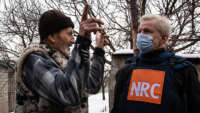
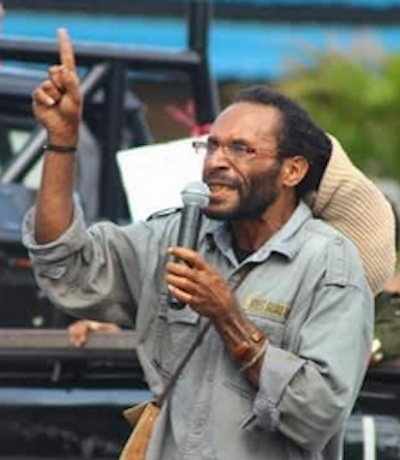
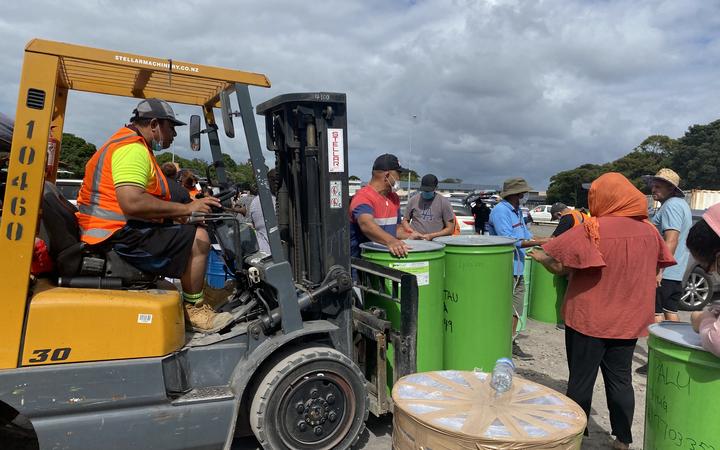
 (@JawadAbubakar7)
(@JawadAbubakar7) 

 (@mikecoulson48)
(@mikecoulson48) 
 JennyD
JennyD

 (@OutriderTed)
(@OutriderTed) 
